By Shannon Abram, The Community Roundtable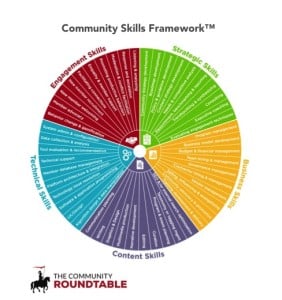
Job hunting can always be stressful. Add to that the stress of finding a job in an emerging field like community management and your stress can double. No fear! We’ve compiled best practices for finding and getting a community job. We’re also highlighting the Community Skills Framework. The Community Skills Framework showcases the 50 skills essential to community management. You can use the Framework to access your strengths and identify places for growth!
This week’s #throwbackthursday focuses on the best practices for getting a community management job.
- How Do I Find a Community Manager Job? – Community management is a profession of relationships – use your network to discover your next role. Most community jobs are not currently found through traditional job listings.
- 50 Skills of Community Management – The Community Skills Framework represents the five skill families and top 50 skills that are required to build a successful community program.
- How To Win That Community Manager Job – As organizations begin to increasingly recognize and reward the value of good community management the market for jobs has begun to heat up. While at any given moment there are literally dozens of interesting community jobs open around the country (and truly, the world) the competition for these roles is getting stiffer. How can you set yourself apart?
-
For TheCR Network Eyes Only: Community Careers and Development Group – Are you a member of TheCR Network? Check out this group inside TheCR Network where members share job postings, hiring advice and best practices for landing the community jobs of your dreams!
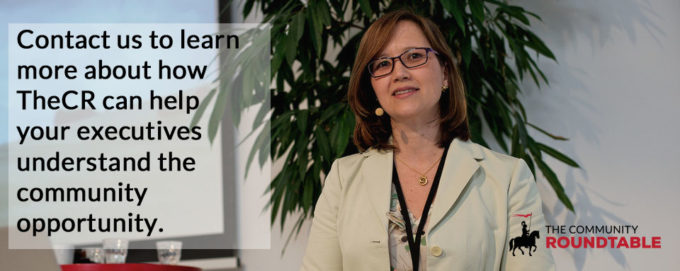
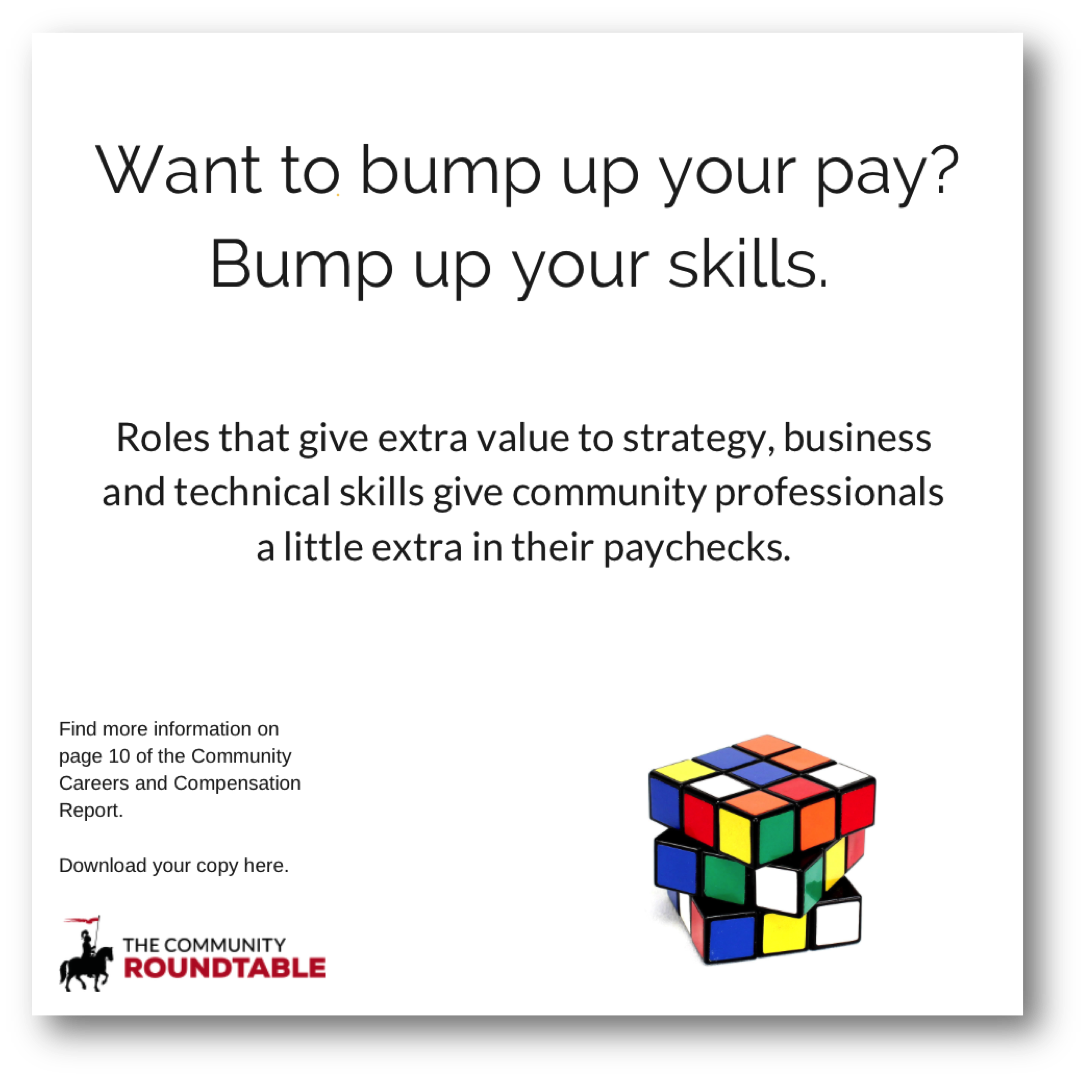

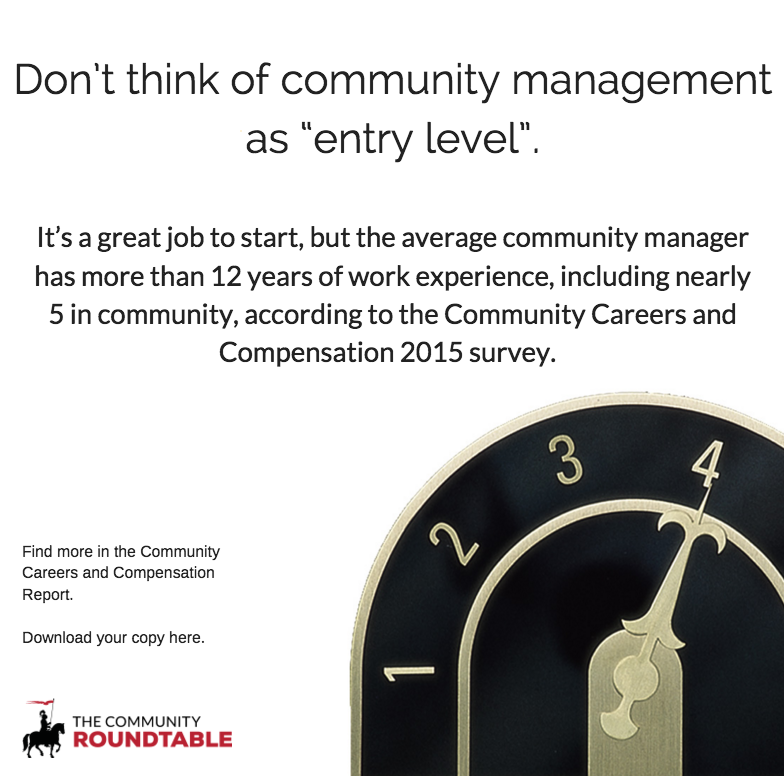
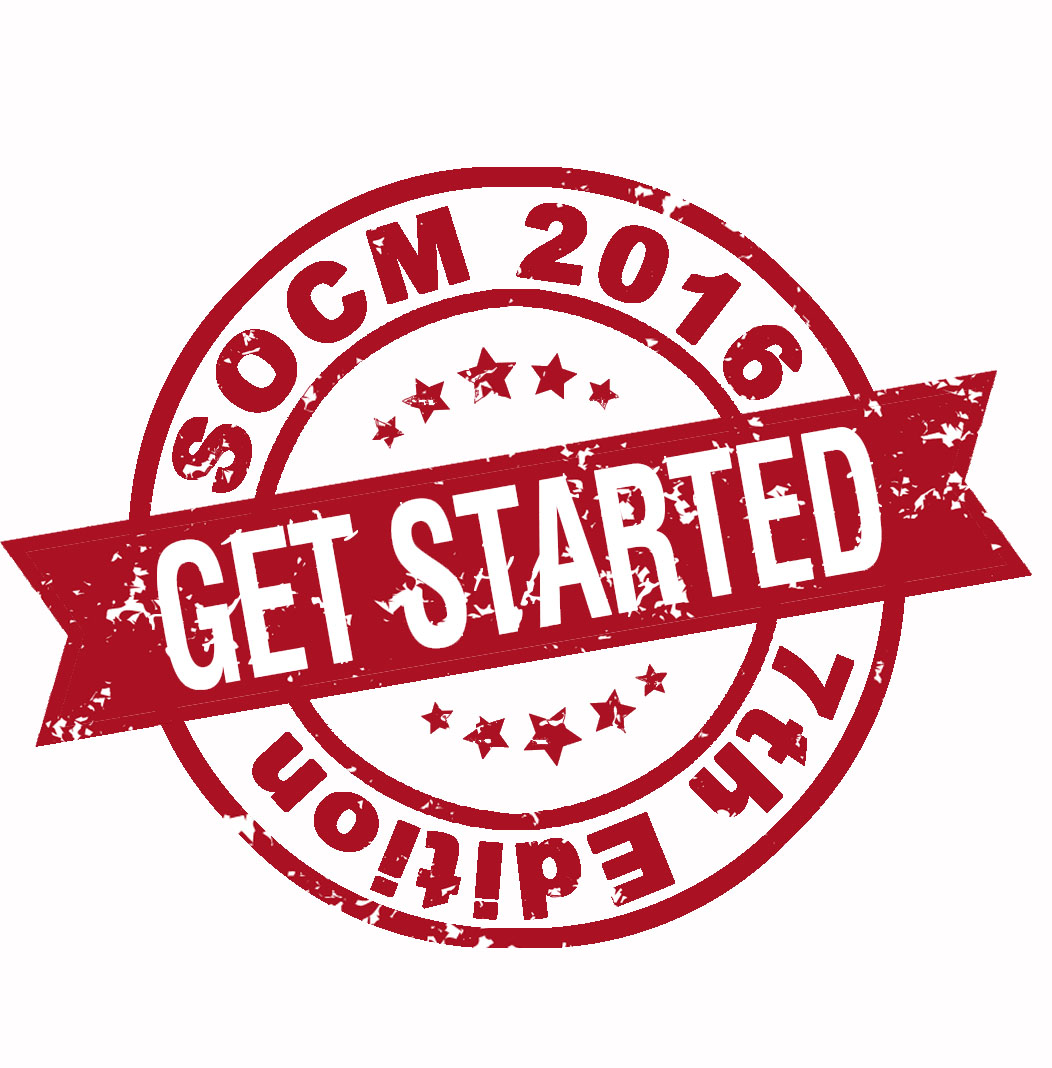 You can identify your strengths and find growth opportunities that will help you advance your career – and maybe even get a raise!
You can identify your strengths and find growth opportunities that will help you advance your career – and maybe even get a raise!
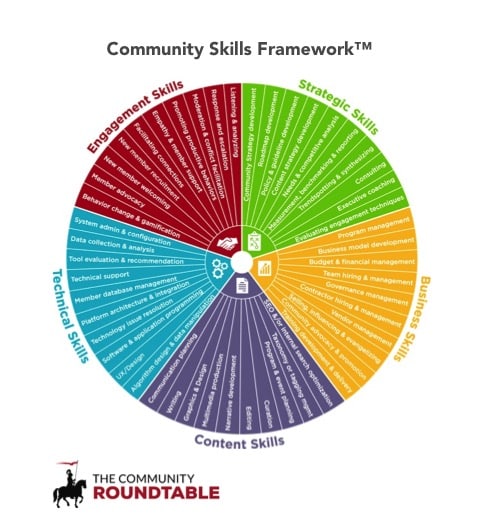
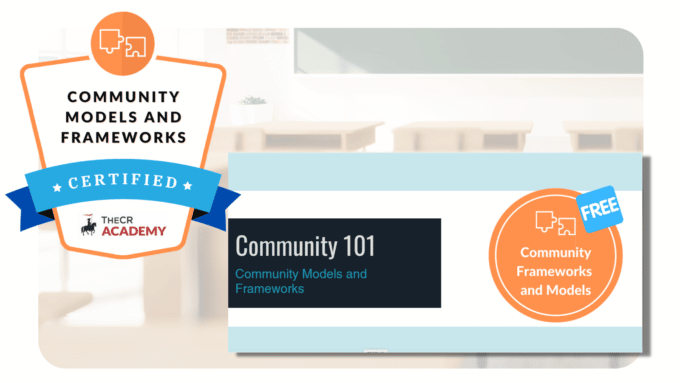
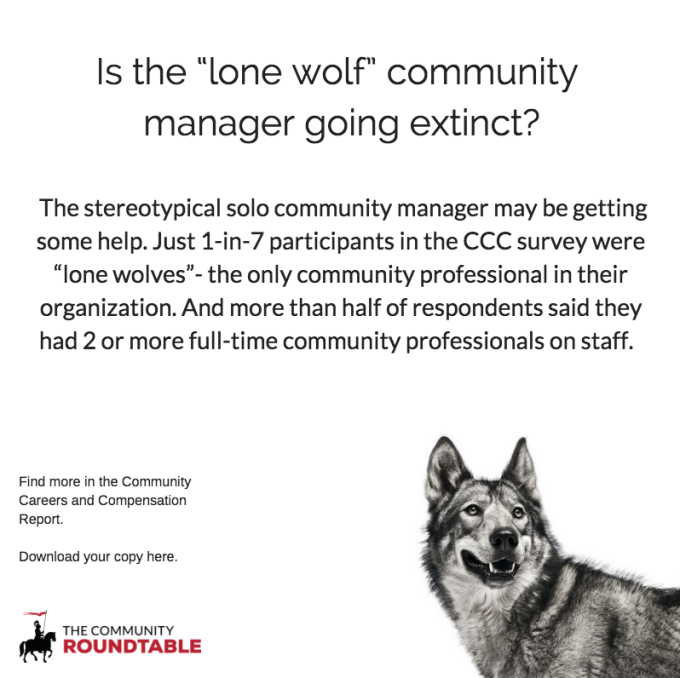
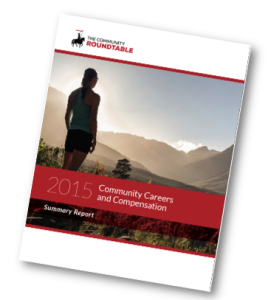 What are the most valuable skills for a community manager? What is the career path? And how much can one make? Those are among the key questions being answered in the
What are the most valuable skills for a community manager? What is the career path? And how much can one make? Those are among the key questions being answered in the 